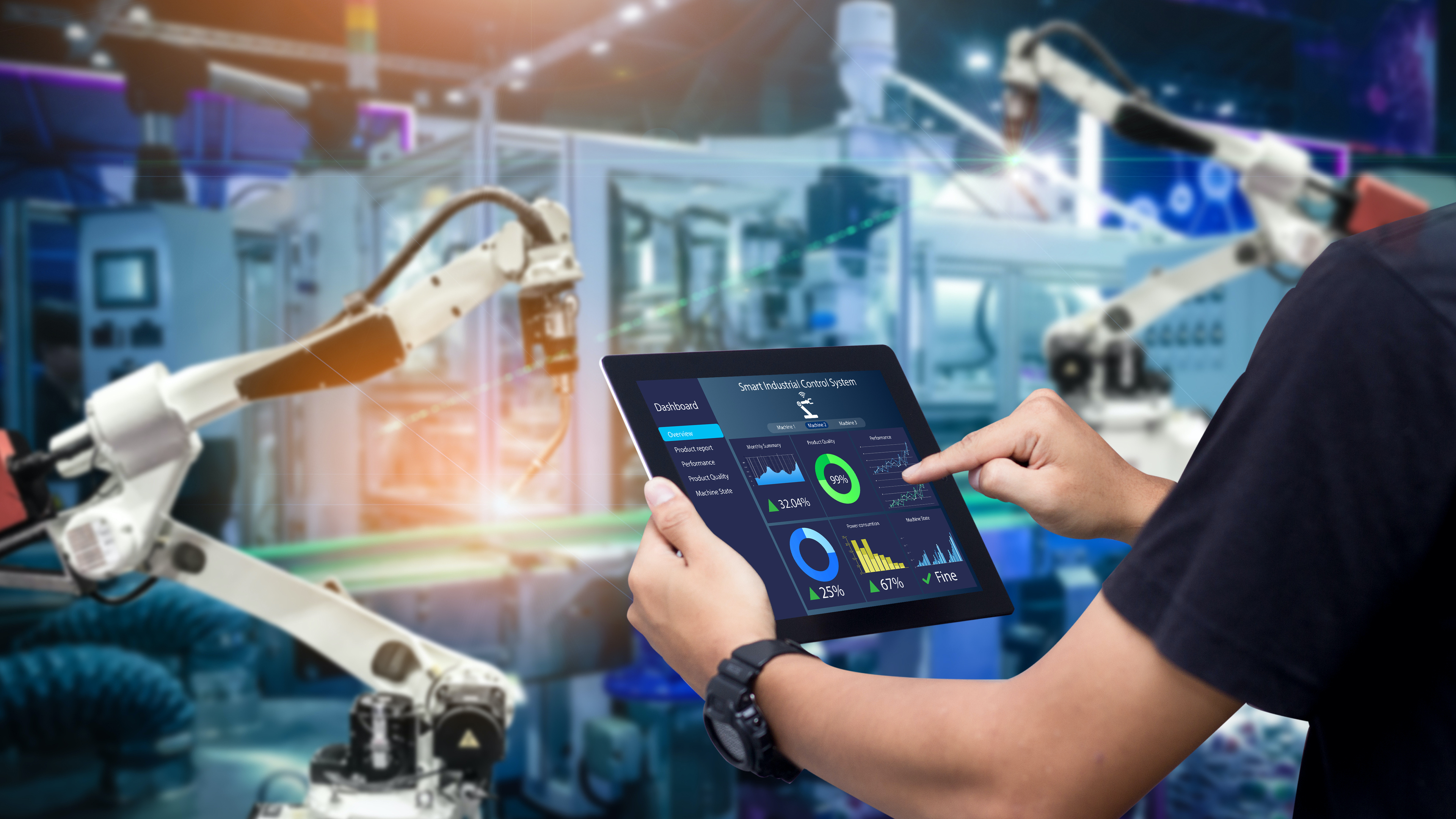Articles
Articles and analyses from the INET community on the key economic questions of our time.

Why International Financial Regulation Still Falls Short
Despite post-2008 regulations, the boom-bust credit cycle continues to run wild
Immaculate Deception

There Can Be No Equality Without a Dramatic Renewal of Employment Opportunity for All American Workers
To fulfill MLK’s vision of jobs and freedom for Black Americans, Washington must rein in corporate greed

Never Together: Black and White People in the Postwar Economic Era
Coming out of the Great Depression, America built a middle class, but systematic discrimination kept most African-American families from being part of it

Who Benefits From New Technologies?
Do the benefits of new technologies accrue primarily to inventors, early investors, and highly skilled users, or to society more widely as their adoption generates employment growth?

Profits from Job Losses Will Finance Government Borrowing for COVID-19 Bailouts
COVID has meant unemployment for the many and a corporate profit-fueled windfall for the few.

Enhancing Resilience in African Economies: Policy Responses to the COVID19 Pandemic in Africa
An introduction to a series of interviews conducted by Dr. Dr. Folashadé Soulé and Dr. Camilla Toulmin in support of INET’s Commission on Global Economic Transformation (CGET)

The Fleming Myth and the Public Sector Contribution to Discovery and Development of New Cancer Drugs
Abstract, “basic science” research is essential to drug discovery. It is also largely funded by the public sector.

How Market Sentiment Underpins Knightian Uncertainty
We find empirical evidence that changes in market sentiment drive unforeseeable change in how stock returns unfold over time, thereby engendering Knightian uncertainty.

Modigliani Meets Minsky: Inequality and U.S. Household Debt Since 1950
A look at the American household debt boom
Patents vs. the Pandemic

Who Benefits When the Price of Insulin Soars?
Contrary to pharmaceutical company claims, revenue from high insulin prices are going to shareholders, not R&D